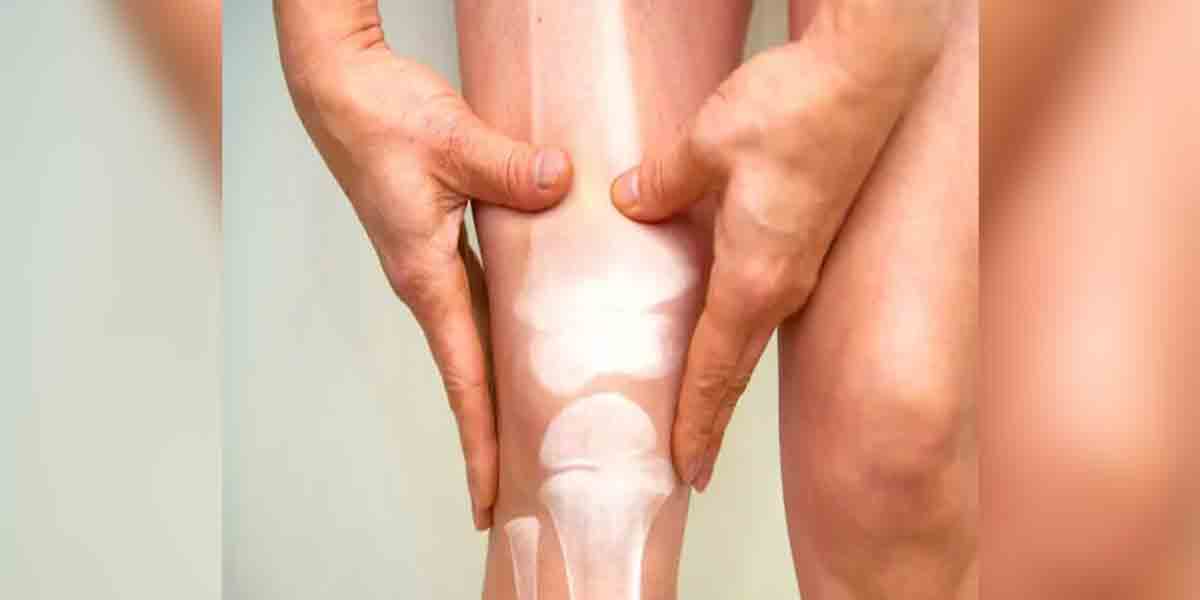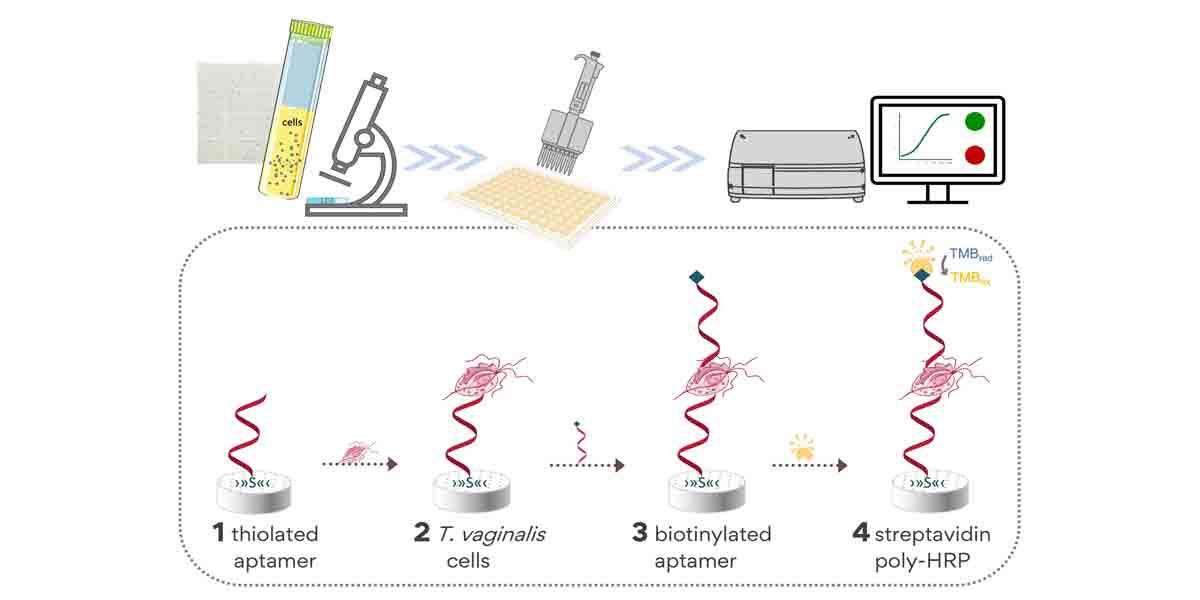
Ongoing research suggests that adopting a more plant-based diet could lower men’s risk of prostate cancer, among other benefits, says an expert from global health system, Cleveland Clinic.
Urologist Bradley Gill, MD, MS, says, “For some time, we’ve known plant-based diets carry many benefits in various areas of health. The specific benefit to prostate health is less clear, but research keeps showing a possible connection between lower prostate cancer risk and avoiding some animal-based foods.”
Dr. Gill explains that the growing belief is that antioxidants and anti-inflammatory compounds packed into fruits and vegetables work to minimize the risk of prostate cancer and prostate enlargement (benign prostatic hyperplasia, or BPH).
As examples, Dr. Gill cites three recent studies that have demonstrated the benefits of a plant-based diet for men. A study published in the American Journal of Clinical Nutrition this year found embracing more of a plant-based diet can lower a man’s risk of dying from prostate cancer by 19%. The same study connected the same eating pattern with a lower risk of being diagnosed with prostate cancer, too.
Another study, published in the journal Urology in October last year, found that more plant-based food in the diet decreases the chances of having elevated prostate-specific antigen (PSA) levels. Here, Dr. Gill explains that higher PSA levels may signal prostate cancer, which is why annual PSA screening tests are recommended beginning at age 45 to 50, depending upon the individual’s risk.
The third study, published in the journal Nutrients last November, showed that eating patterns focused on more plant-based food and fish (and less red meat) seem to help keep prostate enlargement in check.
In addition to the benefits for prostate glands, Dr. Gill says research shows going a little greener in the diet also offers a full buffet of health perks, including lowering the risk of heart disease, hypertension (high blood pressure), diabetes, digestive issues like constipation, colon cancer and excessive weight gain.
However, Dr. Gill points out that these studies do not necessarily mean eating animal-based foods directly cause prostate problems, but rather that they suggest a connection between eating animal-based foods and prostate issues.
The major evidence suggests a relationship between meat consumption and prostate cancer — and specifically cured meats, processed meat, and red meat. Milk consumption also has been linked to an increased risk of prostate cancer, although it is known to provide many other health benefits.
“Still, most studies and reviews conclude that while evidence regarding animal-based food and prostate health deserves attention, it remains inconclusive,” says Dr. Gill.
Other dietary factors need to be taken into account too, says Dr. Gill. “Diets high in sugar can cause inflammation that can lead to rapid prostate enlargement. It’s best to limit your intake of carbohydrates, too, as your body naturally breaks carbohydrates down into sugar.”
“If you’re looking out for your prostate, think about having a low-sugar diet, minimizing carbohydrates, and sticking to good, clean, healthy foods — fresh fruits and vegetables, as well as nuts and whole grains,” advises Dr. Gill.
Recommended dietary changes for prostate health
Dr. Gill cautions against making drastic diet changes — such as going fully vegan or adopting a very restrictive or “fad diet” — without first talking to a healthcare provider.
“If you start looking at a very restrictive diet, run it by your primary care provider or a dietitian first,” he advises. “There are essential nutrients you need in your diet to maintain good health. If you narrow your diet too much, you could end up with other health problems because of these nutrient deficiencies.”
However, Dr. Gill says there are simple dietary changes a man can immediately make to benefit his prostate and overall health. Dr. Gill suggests limiting items such as:
- Sugary sodas, juices, teas or drinks.
- Junk food such as potato chips.
- Fried foods.
- Red meats.
- Smoked meats.
- Processed or cured meats.
- Too much dairy.
“Start with the mindset of making small changes instead of jumping into a drastic overhaul,” he says. “Think about eliminating the things we clearly know are not good for us to eat. It can help your prostate and so much more.”























